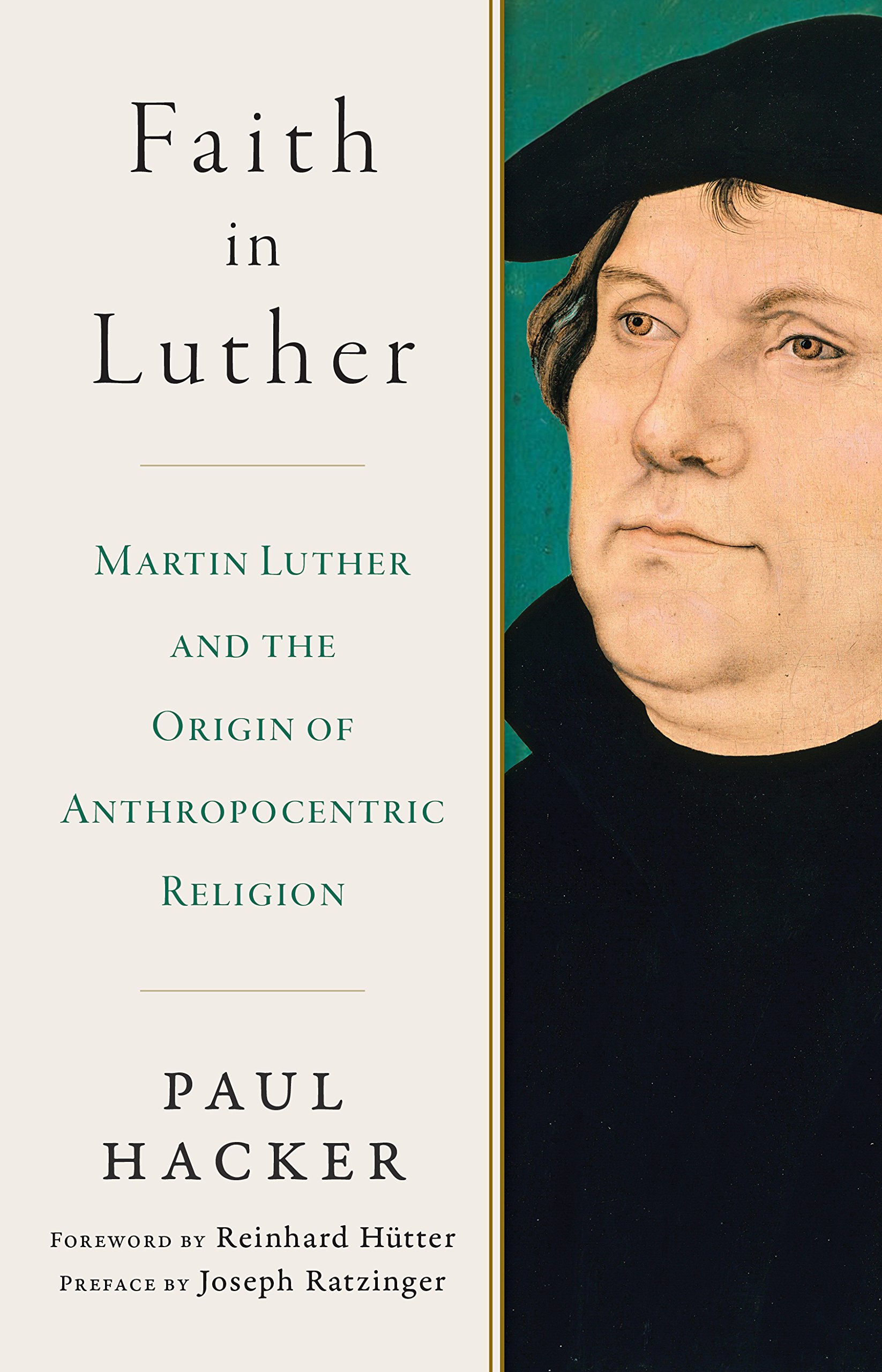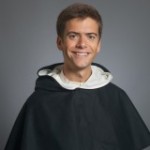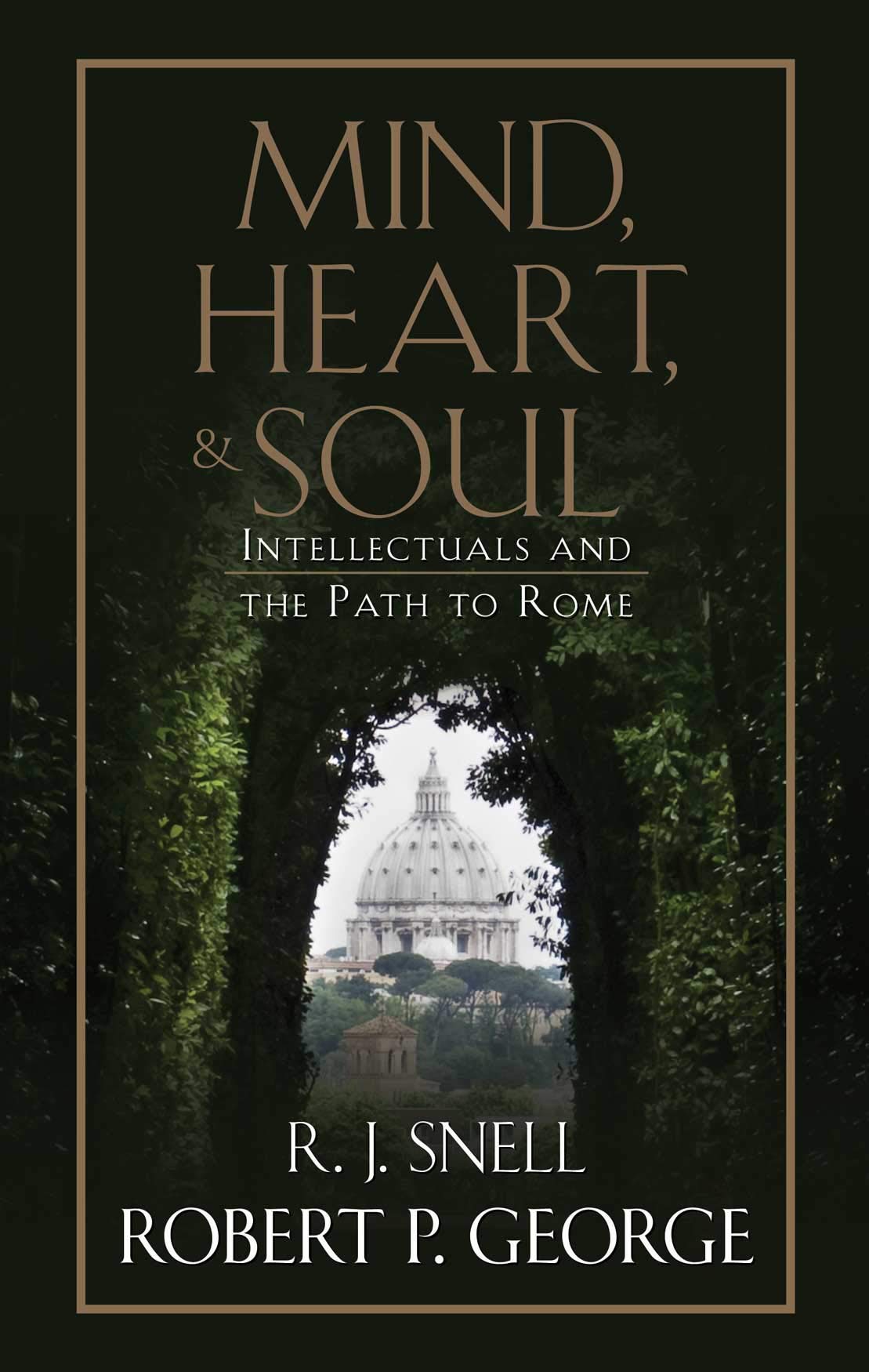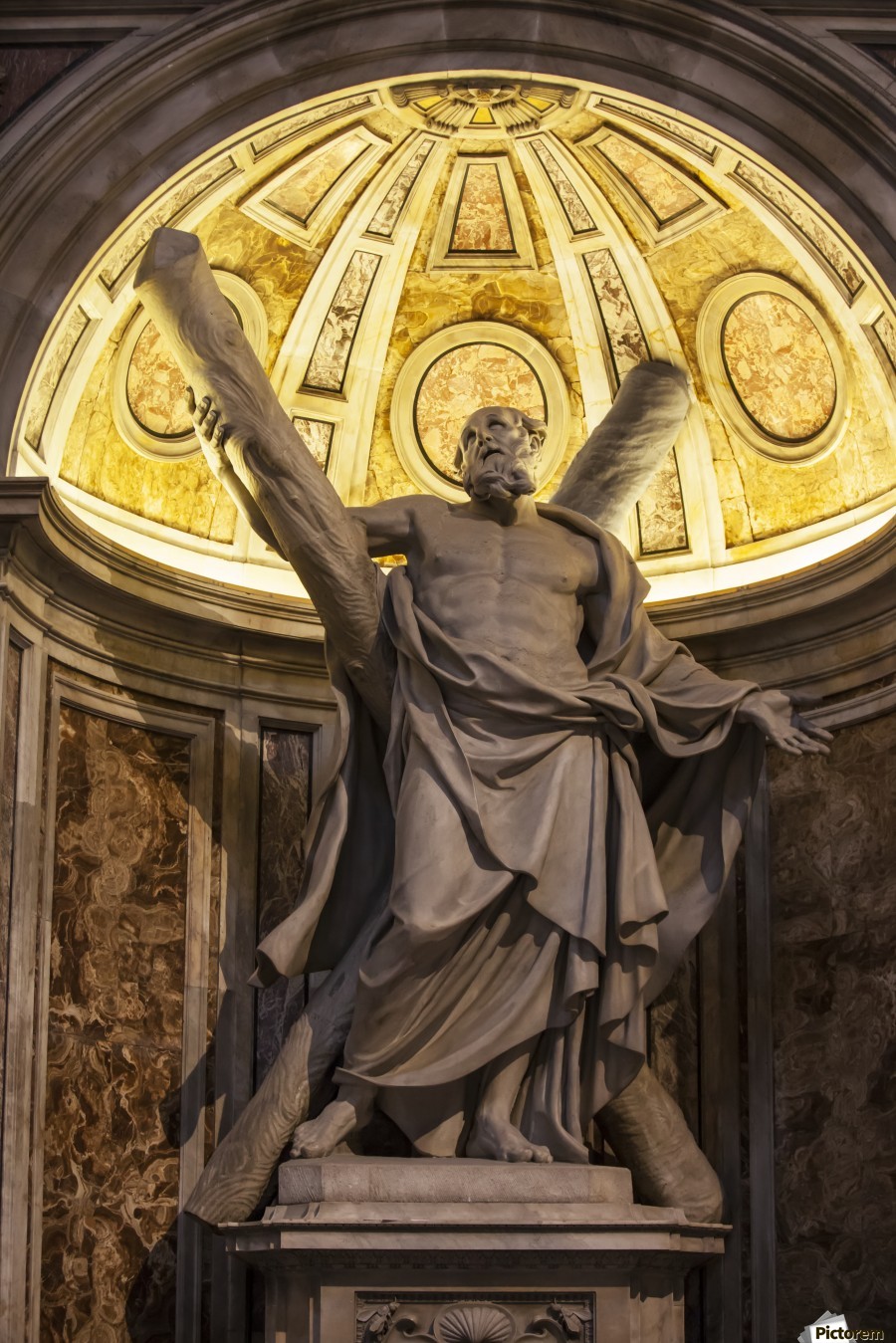“For Lutherans and Evangelicals must come to terms—for the sake of true ecumenism—with a central question that, as John Henry Newman rightly observed in his Lectures on the Doctrine of Justification, the Reformation theologians never clearly answered: What exactly is justifying faith? Is Luther’s concept of reflexive faith faithful to the testimony and teaching of the New Testament and the earliest tradition of the Church?26 Does Luther’s understanding reflect at all the patristic patrimony about faith? Is it compatible with the consensus of medieval theologians, the teaching of the Council of Trent, the post-Tridentine theological consensus, and the teaching of Vatican I on faith? Last but not least, is it fully compatible with the differentiated consensus formulated in the Joint Declaration on the Doctrine of Justification?…
True ecumenism will climb patiently and irrevocably the narrow and steep path of the unshakable commitment to the truth, the unity it yields, and the dialogue, encounter, and common inquiry to which the truth beckons and commits. True ecumenism cannot be nudged along by church-diplomatic machinations and various other contraptions but requires common prayer, mutual charity, indeed brotherhood, and long-suffering patience under the guidance of the Holy Spirit in a shared eschatological horizon. In season and out of season, true ecumenism will be committed to one principle and one principle only, a principle in which genuine unity is already inchoately present.
-Hacker, Paul (2017-09-22T23:58:59). Faith in Luther: Martin Luther and the Origin of Anthropocentric Religion (Kindle Locations 213-220, 222-227). Emmaus Academic. Kindle Edition.
Love & truth,
Matthew
26 Over the course of more than one generation, a number of important New Testament scholars have developed a “new perspective” on the theology of the apostle Paul, a perspective that stands in sharp contrast if not contradiction to Luther’s understanding of reflexive faith. The most important voices in a debate over which more ink has been spilled than over virtually any other topic among NT scholars from all ecclesial backgrounds are Krister Stendahl, “The Apostle Paul and the Introspective Conscience of the West,” The Harvard Theological Review 56/3 (1963): 199-215; E. P. Sanders, Paul and Palestinian Judaism (Minneapolis: Fortress, 1977); James D. G. Dunn, The New Perspective on Paul (Grand Rapids, MI: Eerdmans, 2005); and N.T. Wright, Paul and the Faithfulness of God, Christian Origins and the Question of God 4 (Minneapolis: Fortress, 2013). That Luther’s understanding of reflexive faith is rather well alive among Evangelicals is demonstrated amply in a volume that challenges N.T. Wright’s interpretation of Paul on justification: John Piper, The Future of Justification: A Response to N. T. Wright (Wheaton, IL: Crossway Books, 2007). See N.T. Wright’s response: Justification: God’s Plan & Paul’s Vision (Downers Grove, IL: Intervarsity Press, 2009). Most recently, in his important study Paul and the Gift (Grand Rapids: Eerdmans, 2015), John Barclay has steered a via media between the “old perspective on Paul” (deeply informed by Luther’s interpretation of Paul through the conceptual lens of the reflexive faith) and the “new perspective on Paul.” Yet, importantly, in Barclay’s book one will search in vain for traces of Luther’s reflexive faith.







